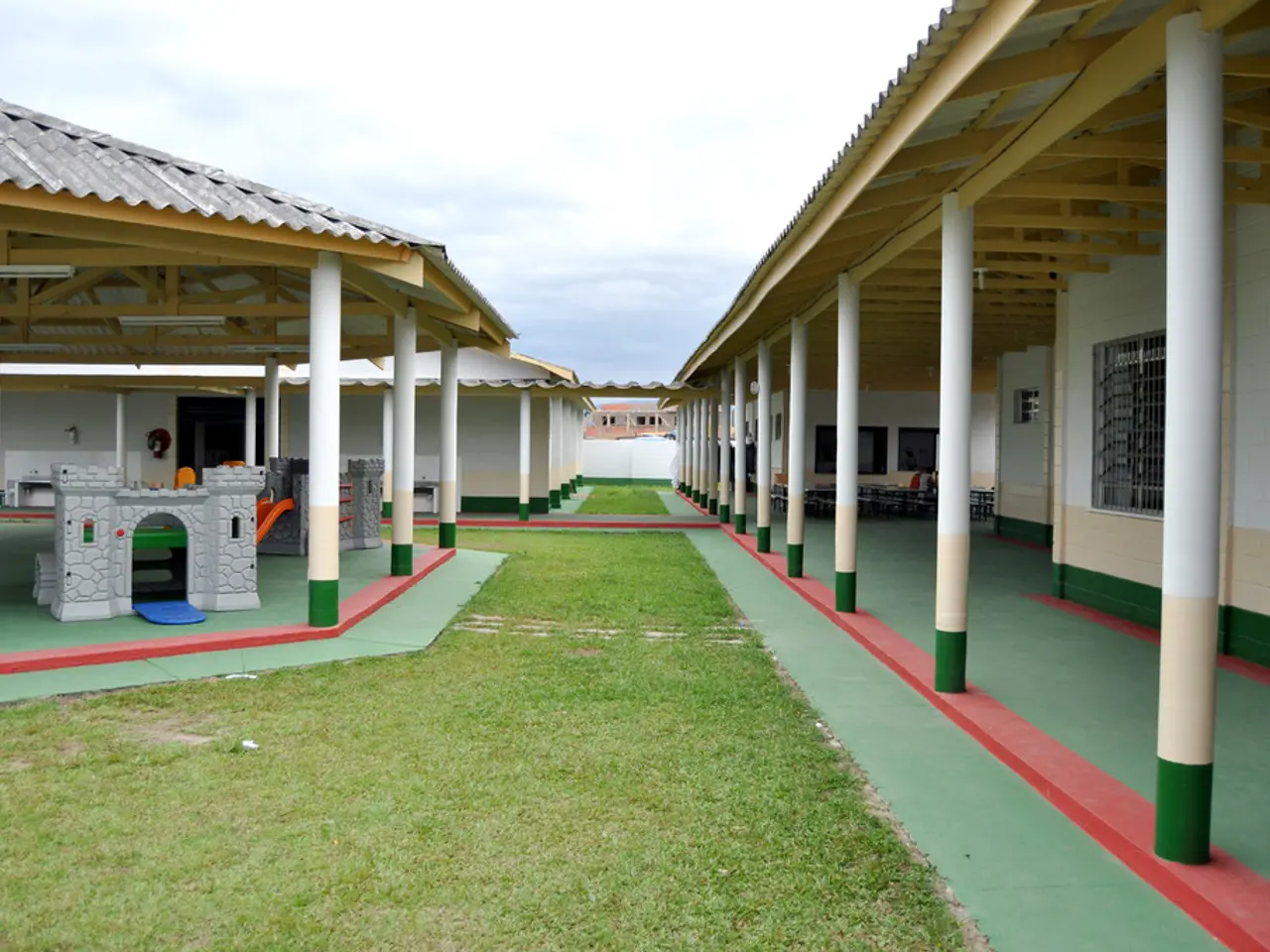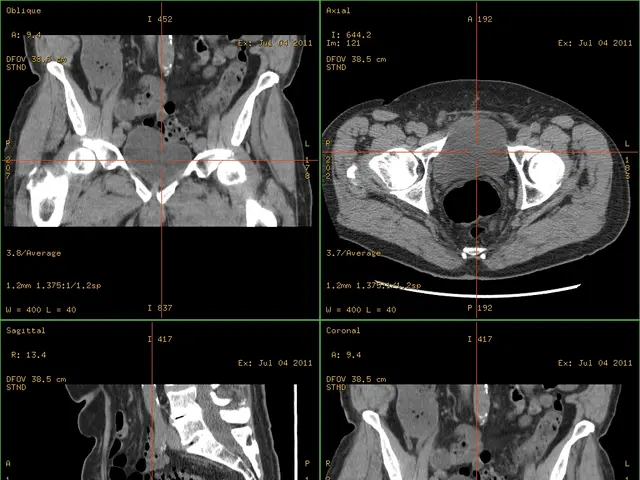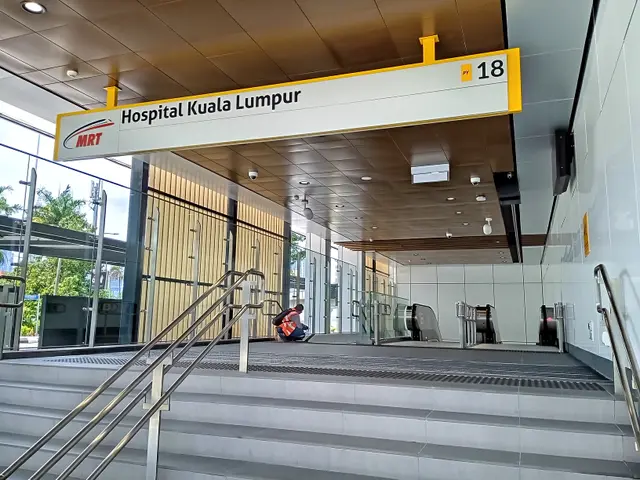Trump Administration's Plan to Address Homelessness in Washington D.C.
DC's homeless population should be provided with housing instead of incarceration, warns a legal counsel, expressing concerns over the prospective Trump plan
In a recent announcement, the Trump administration has unveiled a plan to tackle homelessness in Washington D.C., focusing on clearing homeless encampments and relocating individuals to facilities outside the city [1]. This move is part of an executive order, titled "Ending Crime and Disorder on America’s Streets," which shifts the federal focus from the Housing First model towards a more enforcement-heavy approach [2].
The plan includes several key measures:
- Relocation and Enforcement: The administration aims to remove homeless individuals from the city center and relocate them to unspecified facilities further away. This involves the use of law enforcement and the National Guard to clear encampments, raising concerns about the criminalization of homelessness [3][4].
- Involuntary Commitment: The executive order includes provisions for involuntary commitment for mental health treatment, which critics argue could lead to increased policing and detention without adequate supportive services [5].
- Funding Shift: Federal funding is being redirected from Housing First programs to support jurisdictions that enforce urban camping prohibitions and place individuals into treatment programs [4].
Concerns of Local Advocates
Local advocates and experts have expressed several concerns regarding the Trump administration's approach to addressing homelessness. They fear that the focus on enforcement and treatment may lead to the criminalization of homelessness, potentially resulting in involuntary relocation and harmful outcomes for those impacted [3]. Additionally, they argue that the plan does not address the root cause of homelessness—lack of affordable housing—and may worsen conditions for those without shelter [5].
There are also concerns about the infrastructure for mental health treatment and the lack of long-term housing solutions, which are seen as essential for effectively addressing homelessness [5]. Overall, the administration's strategy is criticized for prioritizing short-term policing and relocation over long-term housing solutions and supportive services.
In an interview with Michel Martin, Amber Harding, executive director of the Washington Legal Clinic for the Homeless, discussed the local reaction to Trump's announcement and the legal concerns for organizations working with the unhoused [6]. The interview took place on August 15, 2025, at 8:53 AM CDT.
Despite initial concerns, it was reported that local organizations did not have shelter space available the day Trump announced plans to target the unhoused. However, 60 beds have become available since [7]. The building to house as many as 200 people is now being prepared [4].
As the situation unfolds, it remains to be seen how the Trump administration's plan will impact the homeless population in Washington D.C. and whether it will provide the long-term solutions needed to address the complex issue of homelessness.
References:
- Trump administration announces plan to address homelessness in Washington D.C.
- Trump Administration Shifts Focus Away from Housing First Model
- Trump's Plan to Address Homelessness in Washington D.C. Raises Concerns
- Trump's Plan to Address Homelessness in Washington D.C.
- Interview with Amber Harding on Trump's Homelessness Plan
- 60 beds become available for homeless individuals in Washington D.C.
- Building available to house as many as 200 homeless individuals
- The Trump administration's plan for addressing homelessness in Washington D.C. involves clearing encampments and relocating individuals to facilities outside the city, an approach criticized for potentially criminalizing homelessness.
- Some local advocates fear the administration's focus on enforcement and treatment may lead to harmful outcomes for those impacted, as it does not address the root cause of homelessness—lack of affordable housing.
- The administration's plan includes provisions for involuntary commitment for mental health treatment, a move that critics argue could lead to increased policing and detention without adequate supportive services.
- Federal funding is being redirected from Housing First programs to support jurisdictions that enforce urban camping prohibitions and place individuals into treatment programs.
- The general news, social media, and entertainment platforms are buzzing with discussions about the Trump administration's plan, further highlighting the concerns of local advocates and experts.
- The lack of long-term housing solutions is a significant concern, as the administration's strategy is criticized for prioritizing short-term policing and relocation over long-term supportive services.




